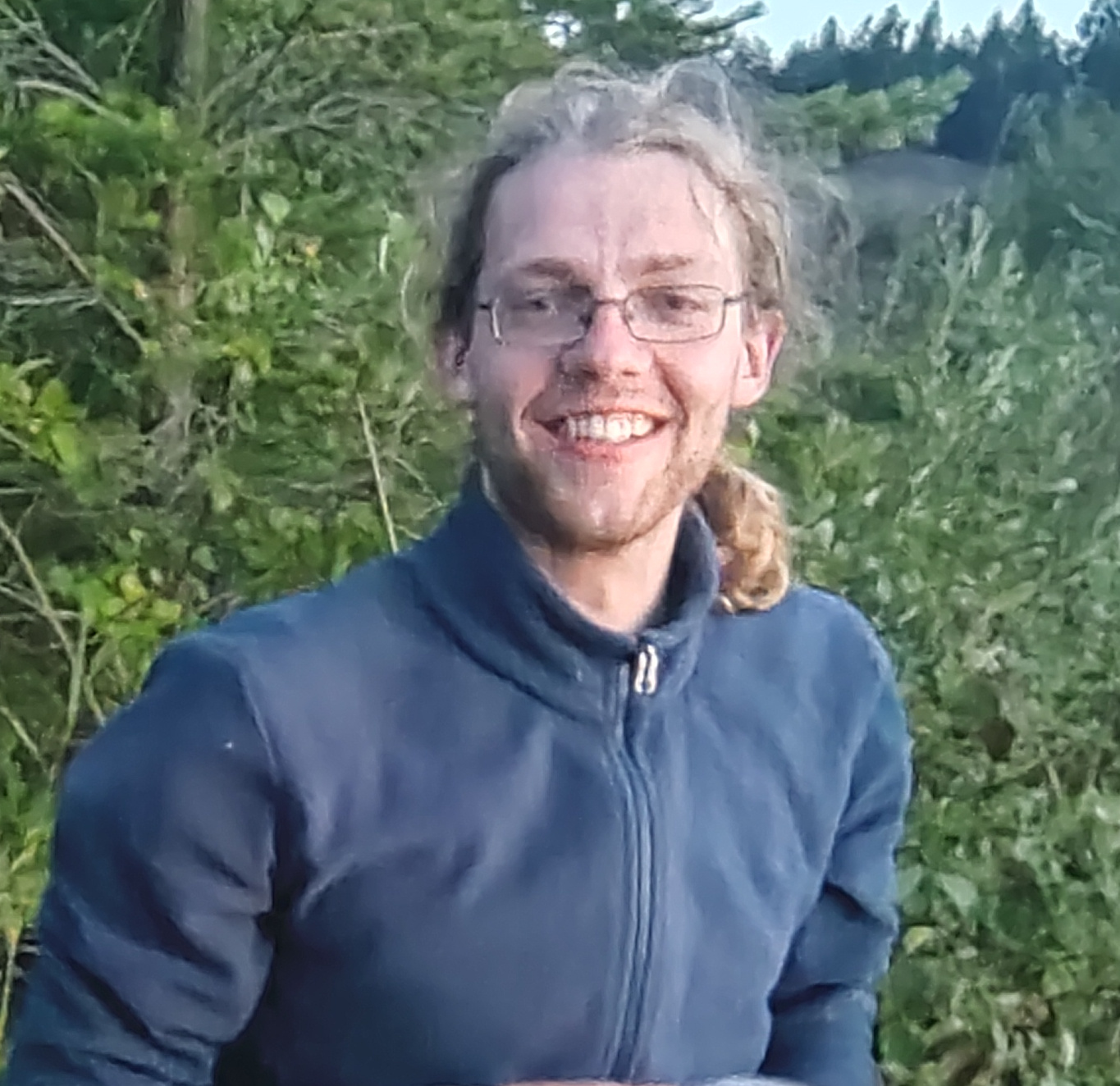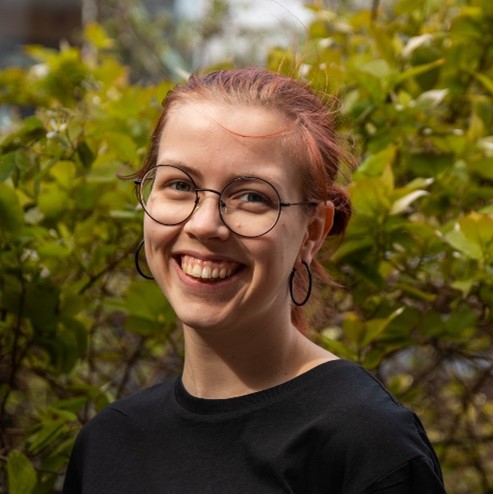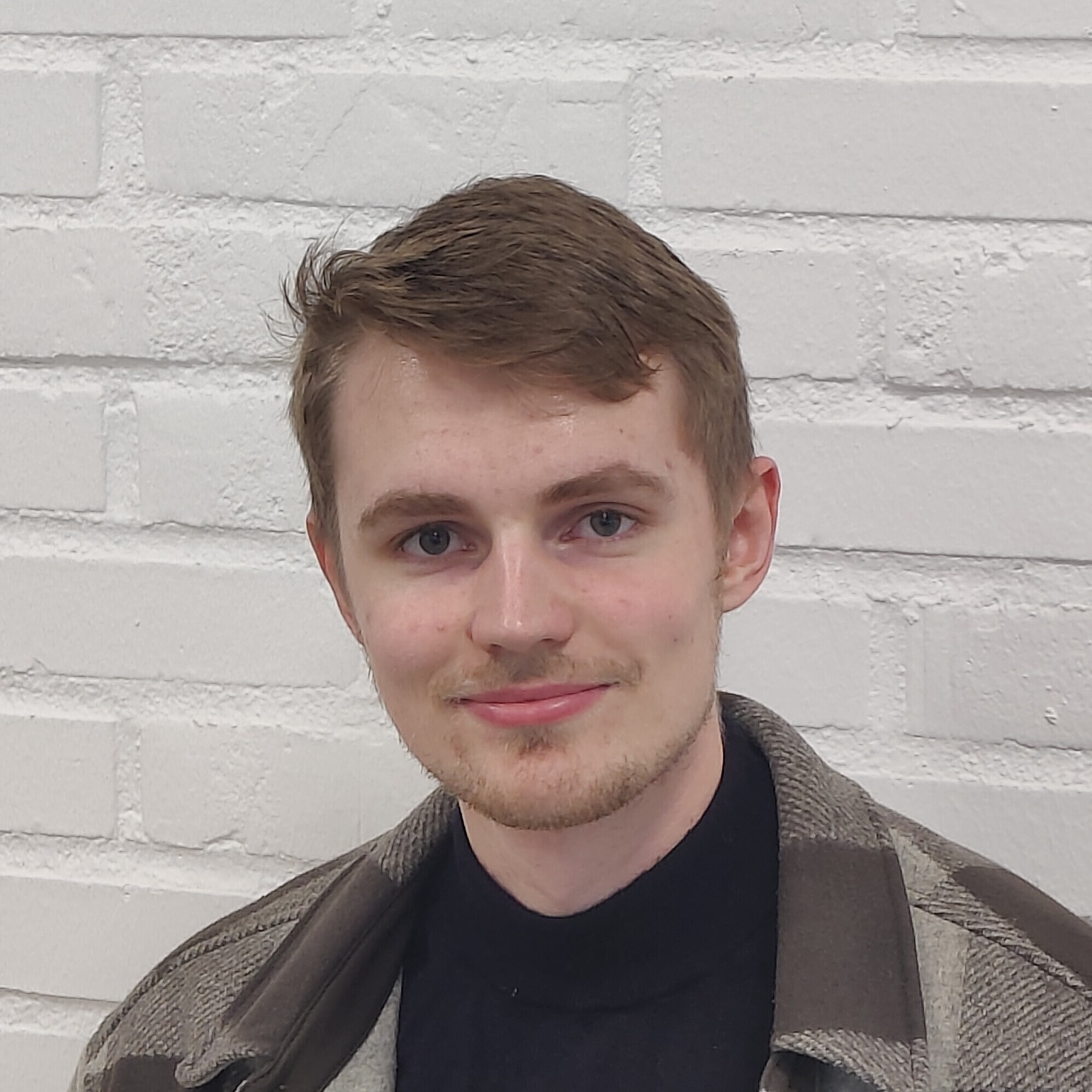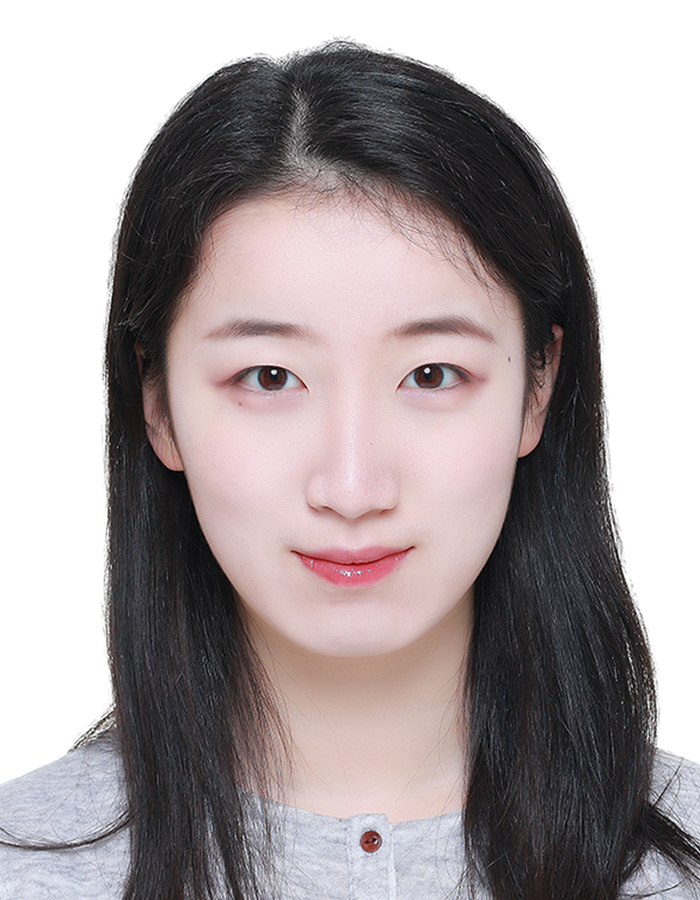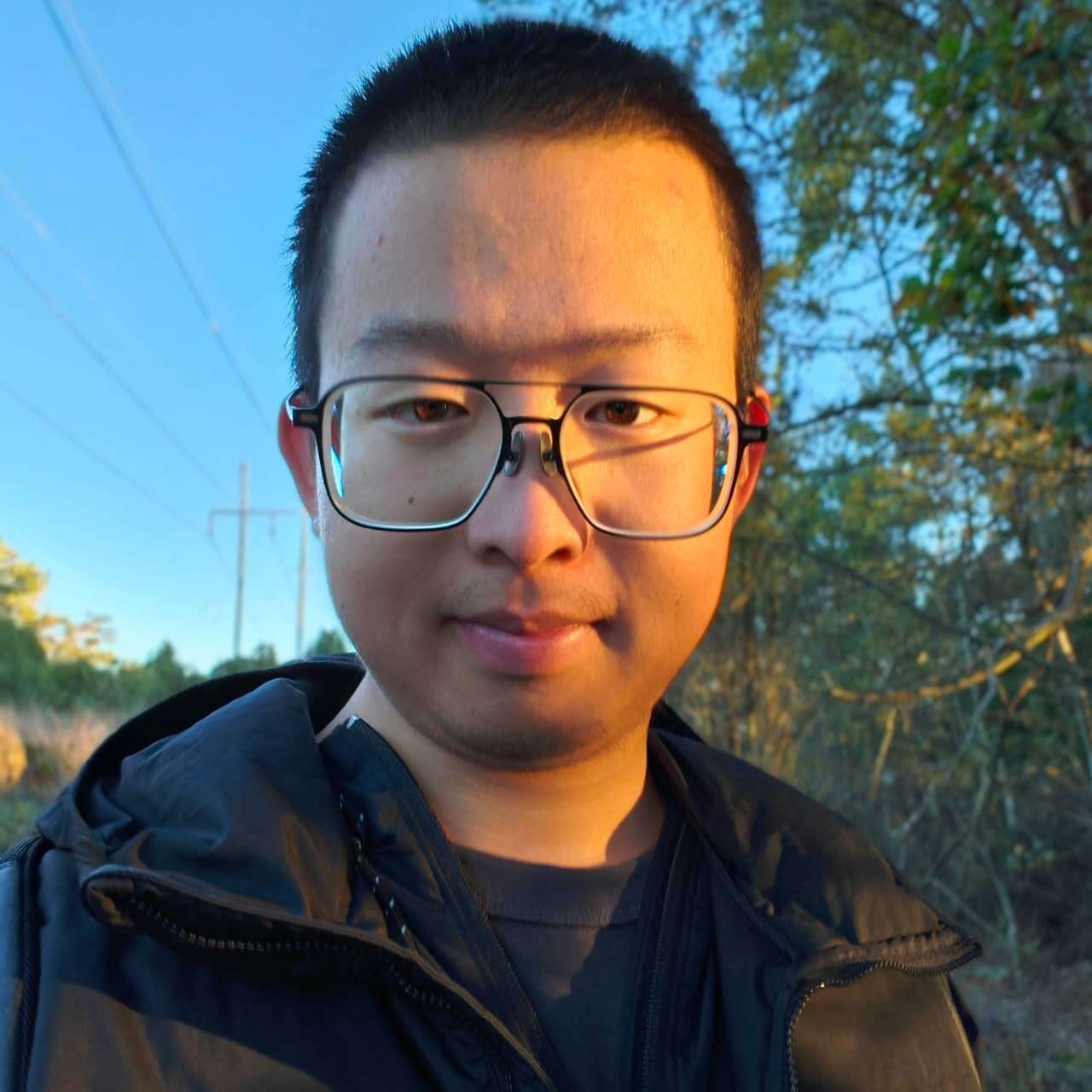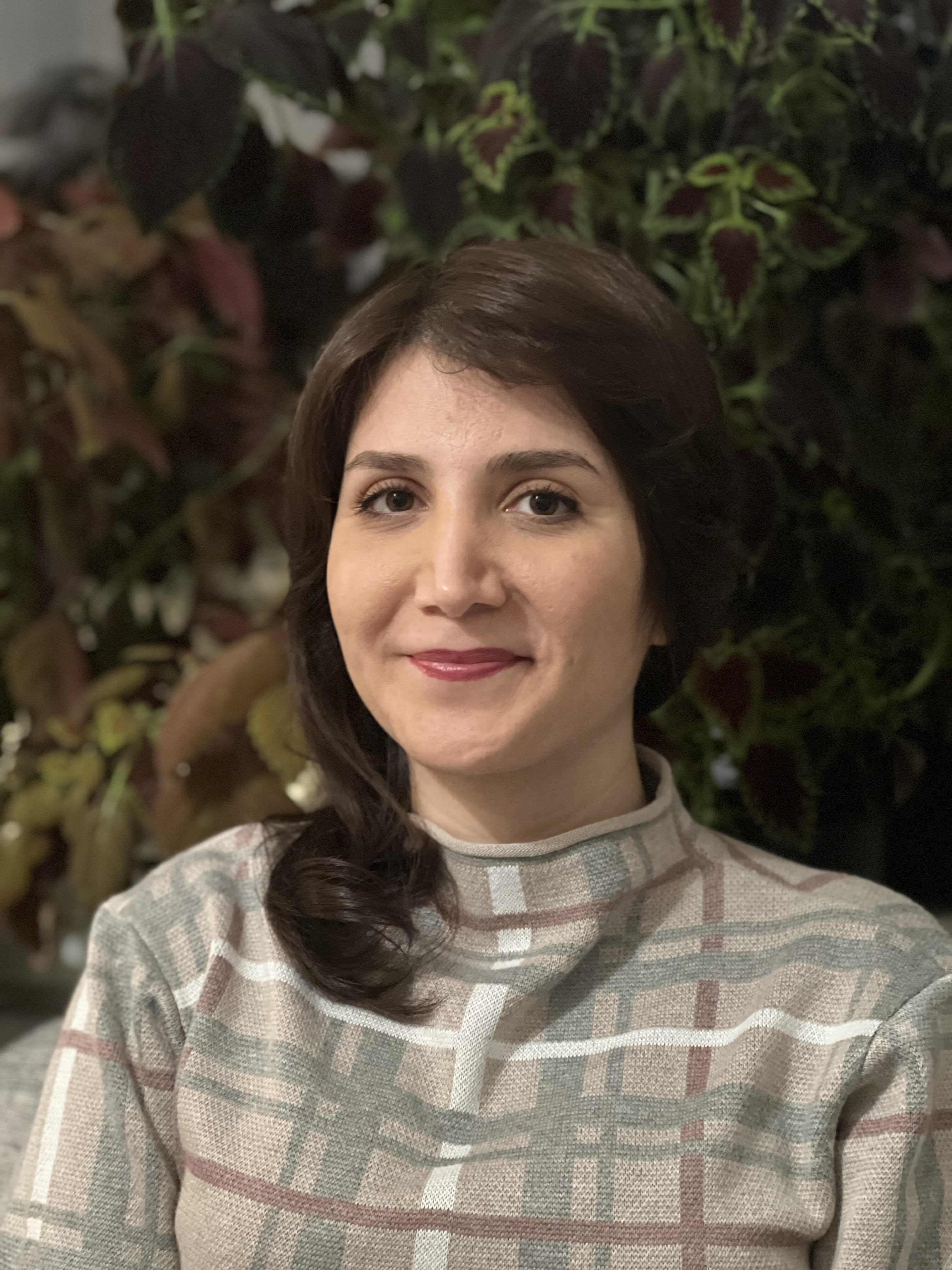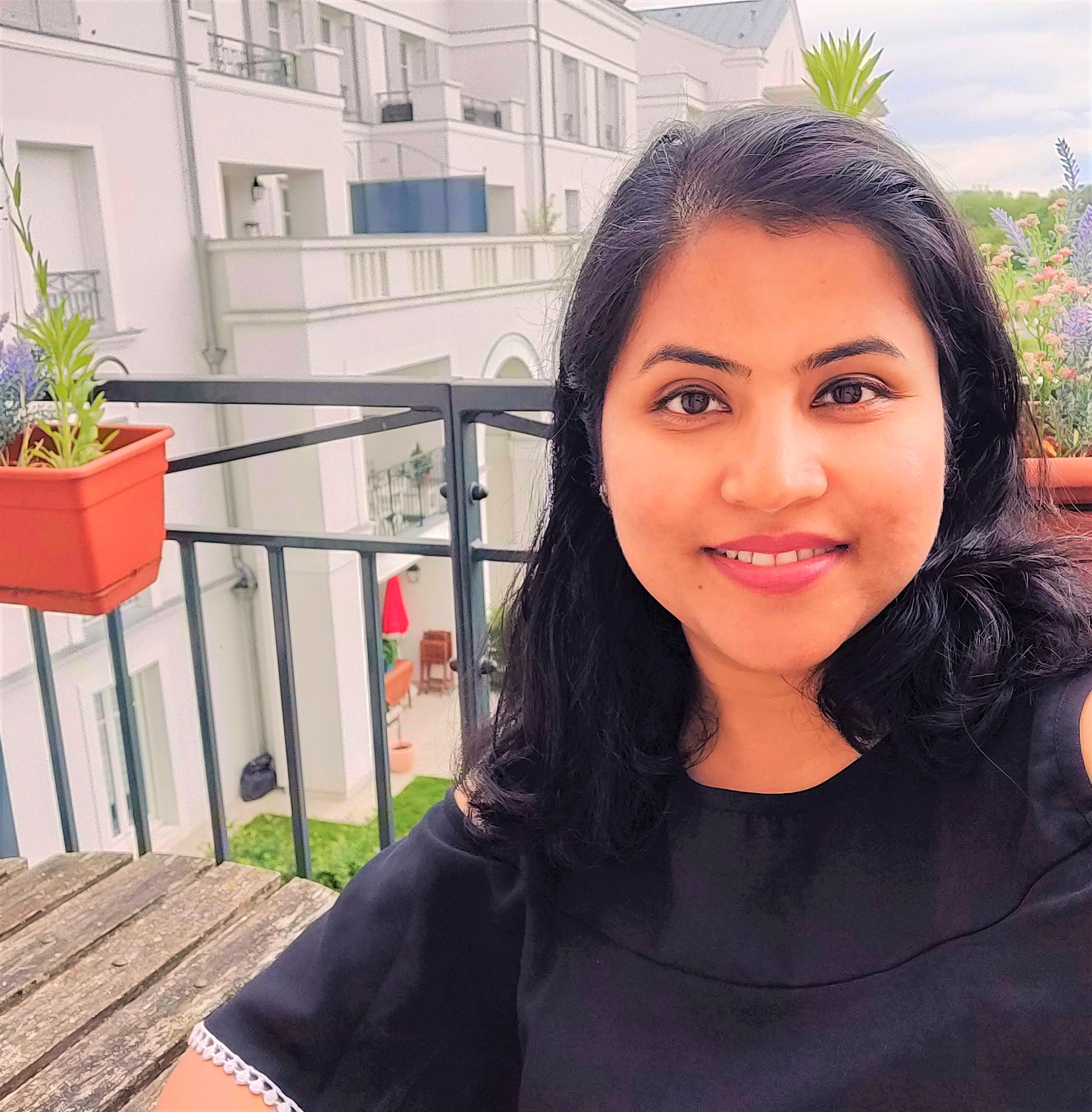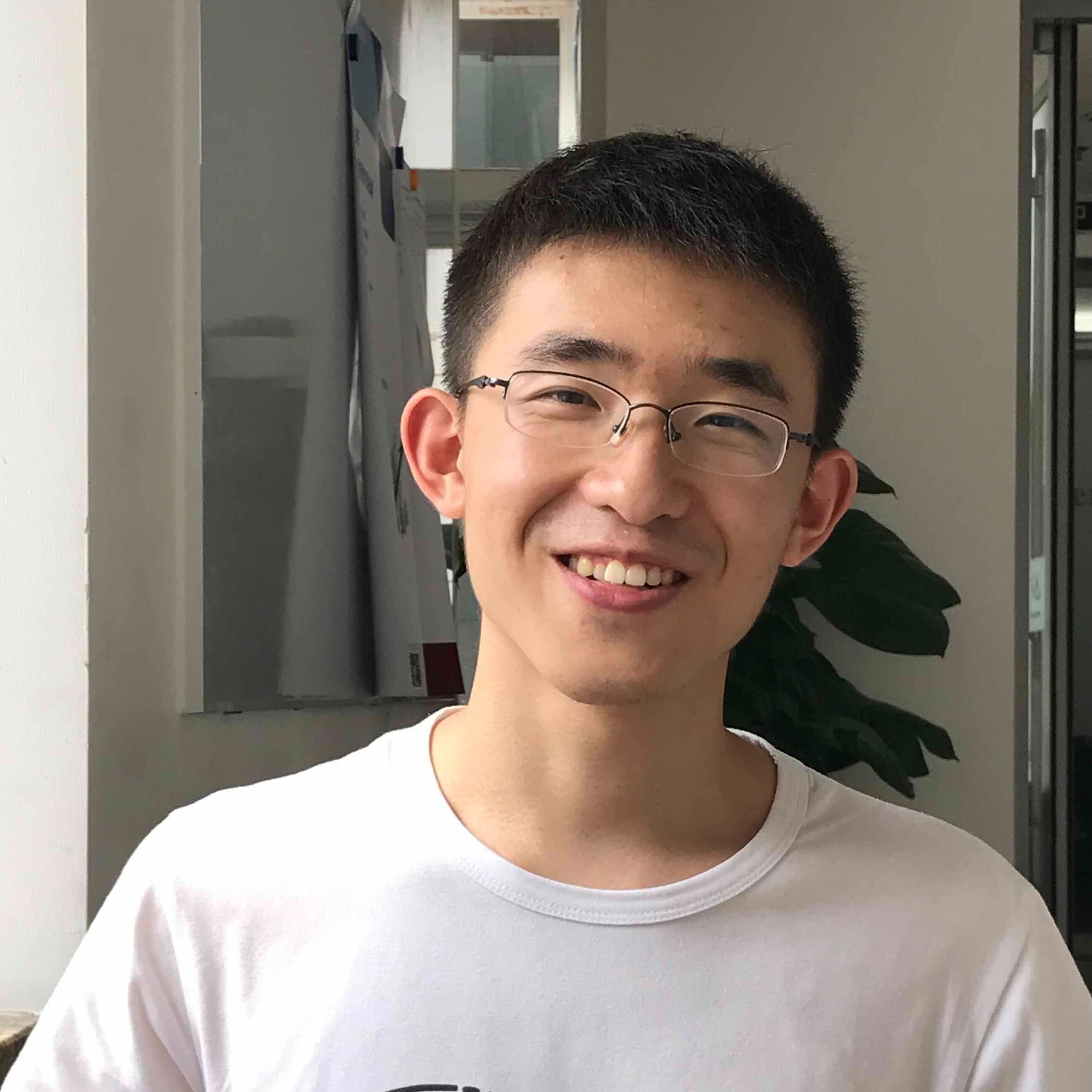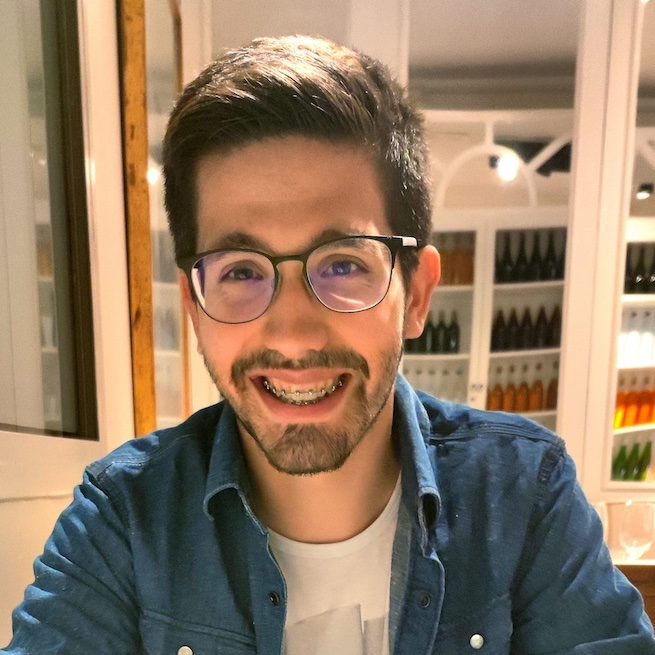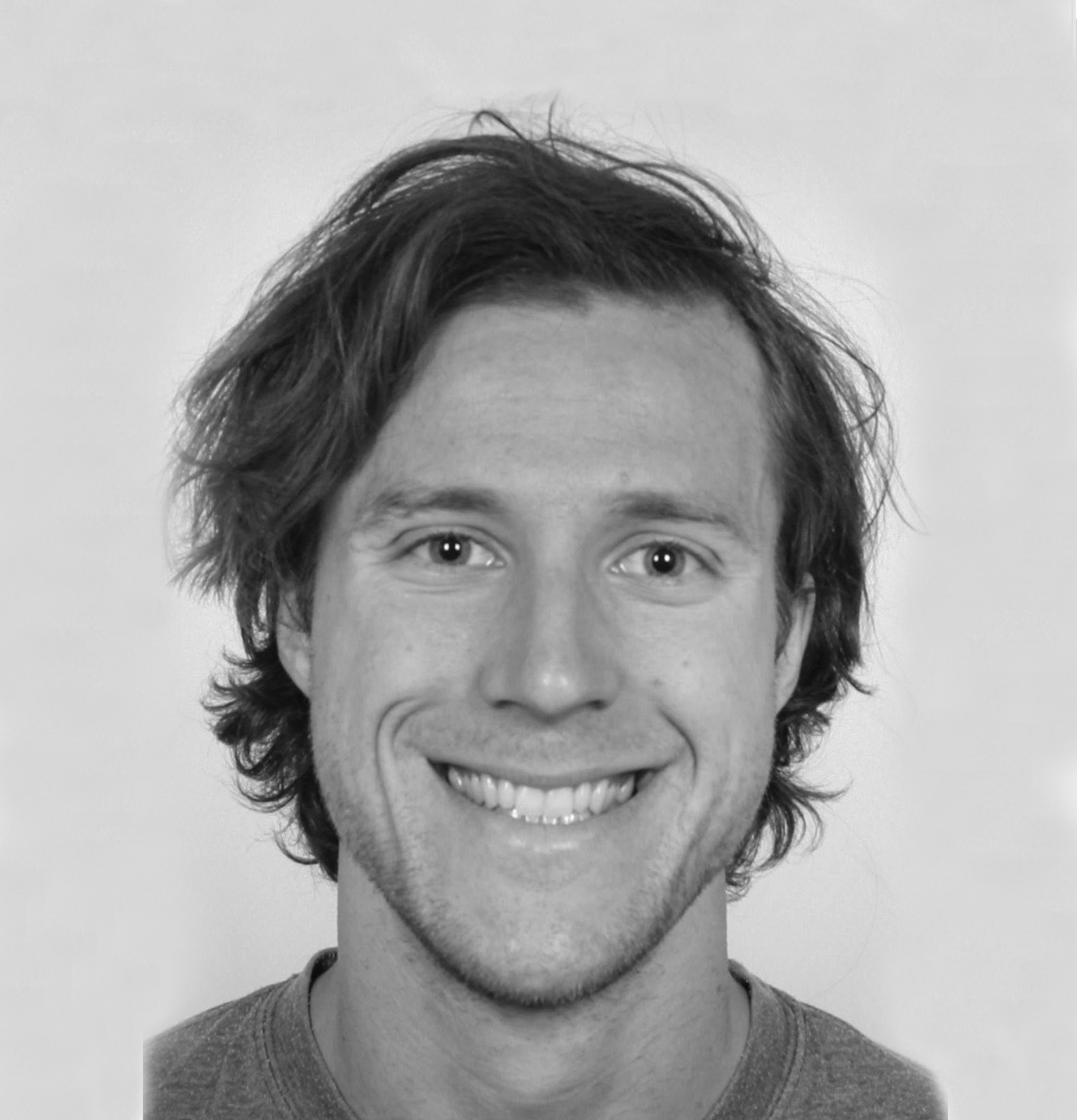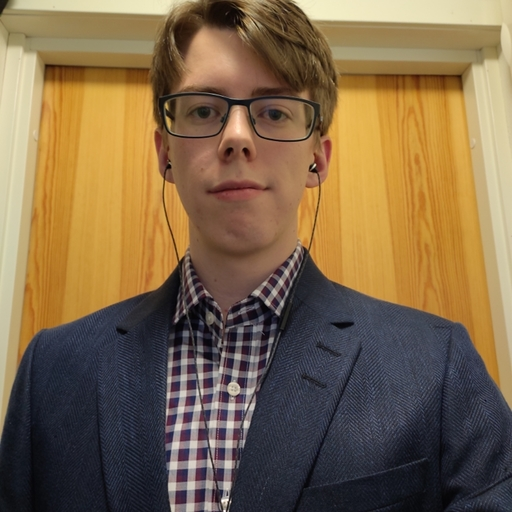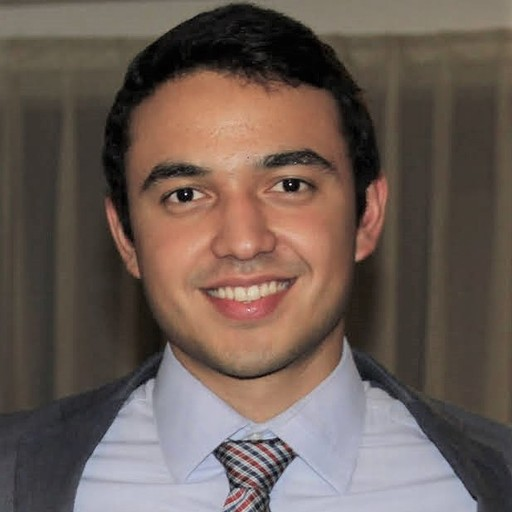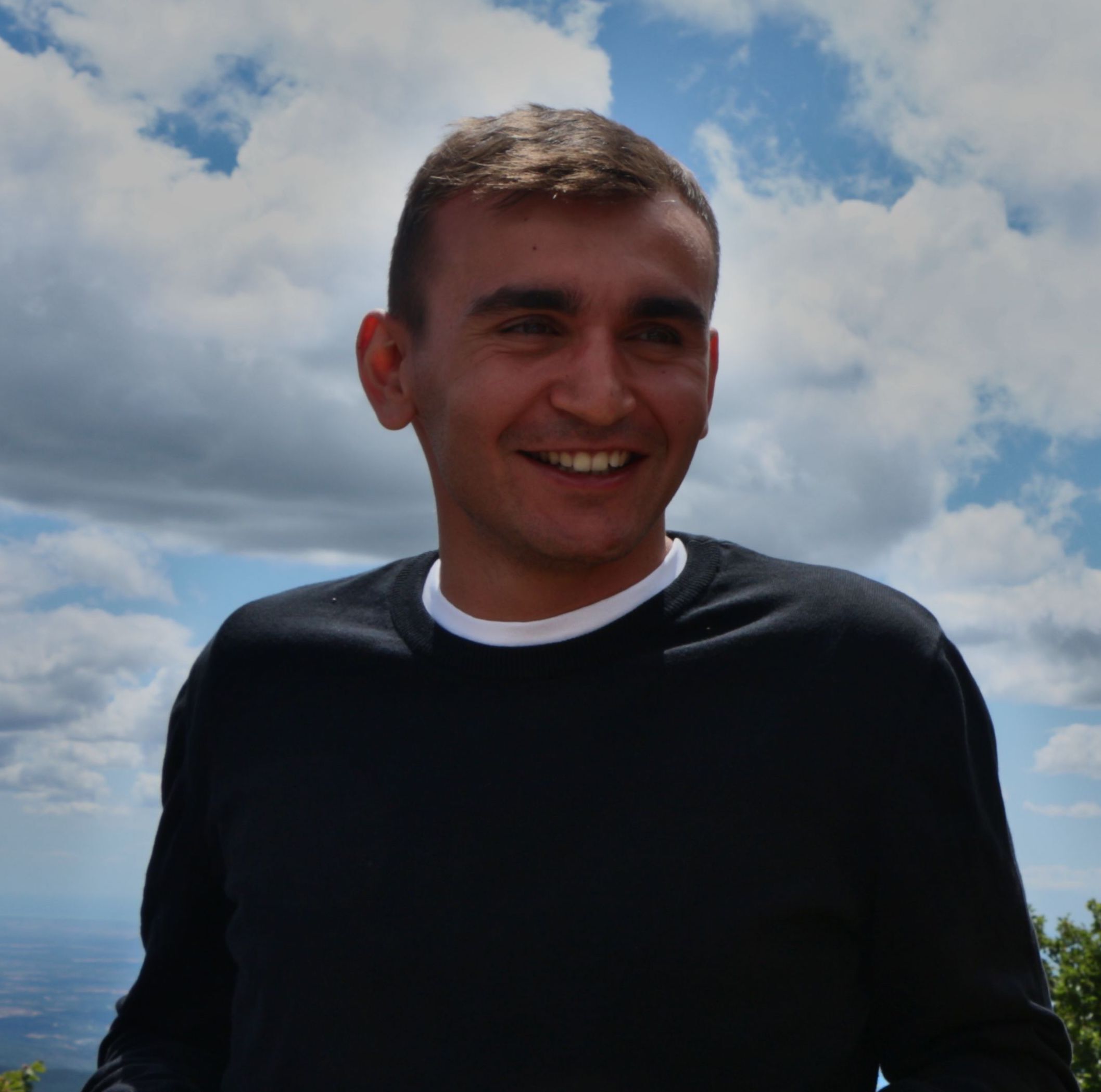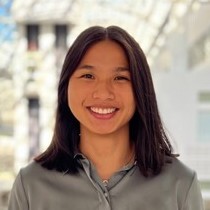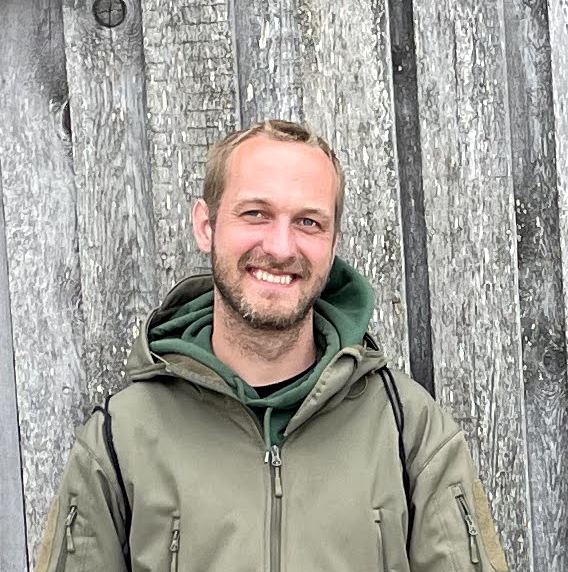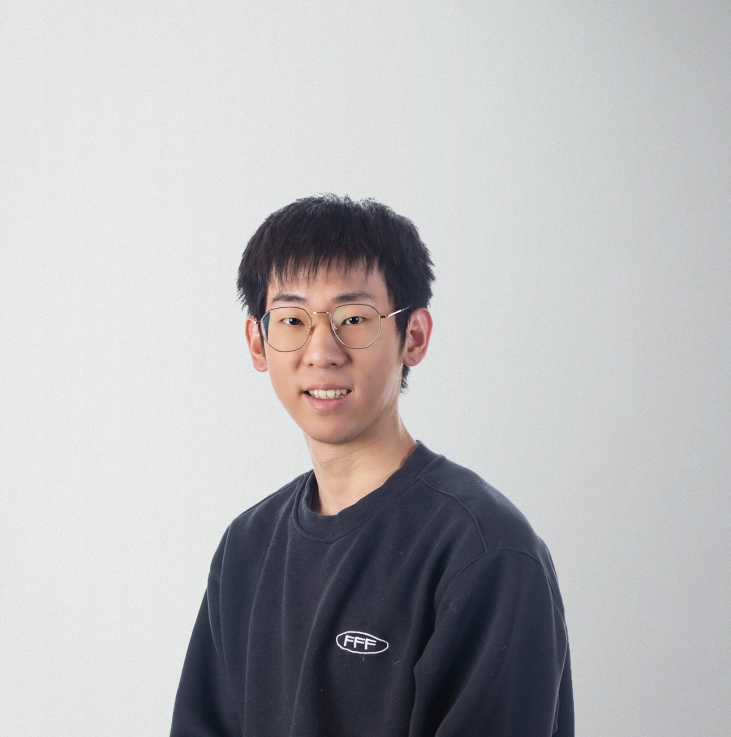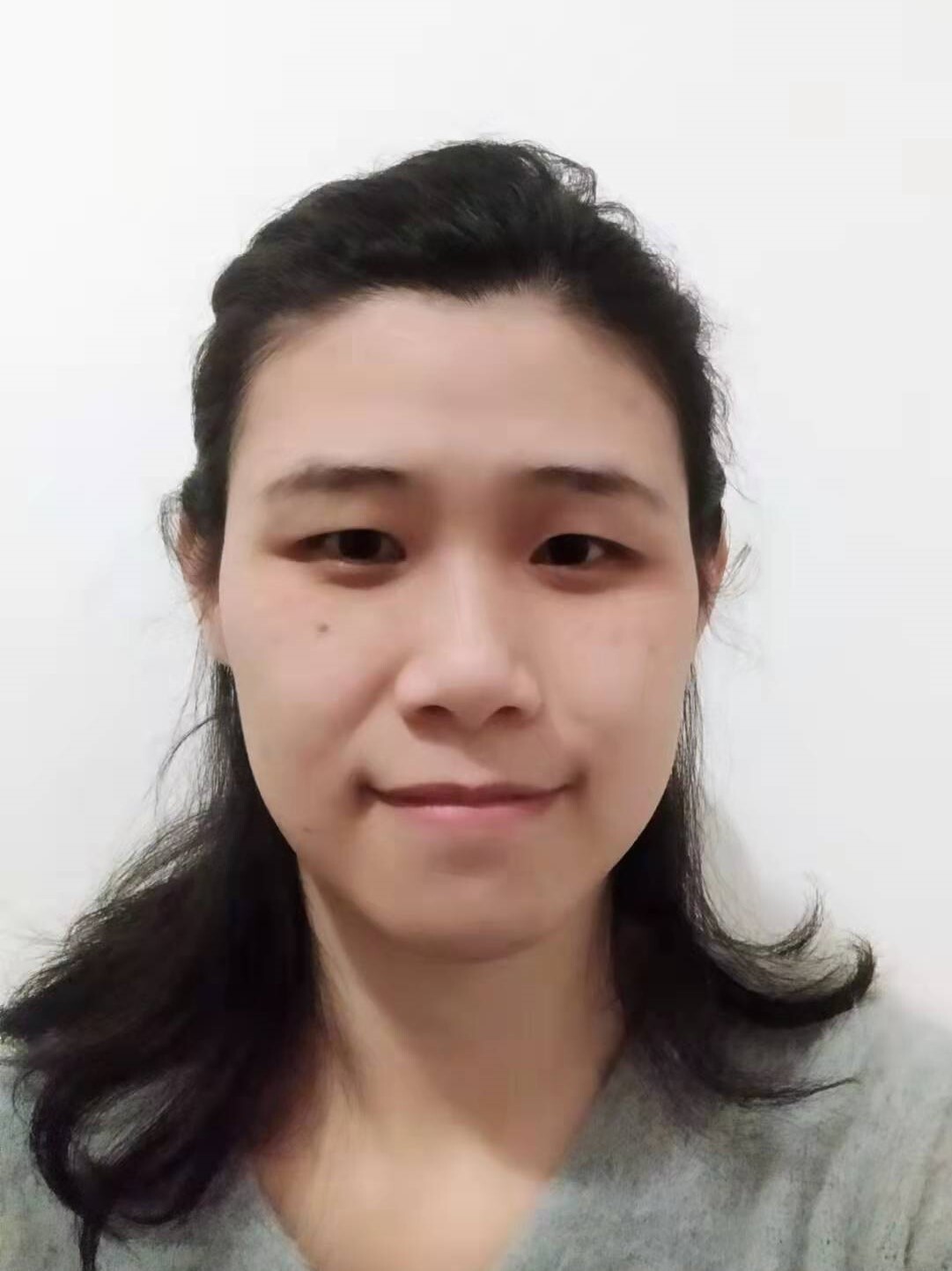Team
Simon was an undergraduate researcher at University of Copenhagen with the late Flemming M. Poulsen working on protein folding and NMR Spectroscopy in SBiN Lab. He continued his MSc research in SBiN Lab with Kaare Telium working on ensemble modeling and NMR spectroscopy of the intrinsically disordered peptide IAPP.
Simon moved on to do a PhD with Thomas Hamelryck in statistical bioinformatics with applications in structural biology at SCARB.
In 2014, Simon was awarded an independent postdoctoral fellowship from the Danish Council for Independent Research to move to Switzerland and take up a postdoc with Andrea Cavalli and Roland Riek jointly at the IRB in Bellinzona and ETH Zurich. Here, Simon worked on developing methods for combining experimental biophysical data with molecular simulations.
In 2016, Simon was awarded the DRS postdoctoral fellowship and an Alexander von Humboldt postdoctoral fellowship to join Frank Noé at FU Berlin to work on integrative methods for structural biology and artificial intelligence methods for the sciences.
Since October 2020, Simon is a WASP AI-MLX Professor for Artificial Intelligence in the Natural Sciences, at Chalmers, where he leads the Artificial Intelligence in the Natural Sciences (AIMLeNS) group.
Beatrice has a MSc in Biotechnology from University of Pavia. She is working on Machine Learning for Proteins.
Joined the lab on 25-04-01 (YY-MM-DD).
Christopher works on generative models for protein structure and experimental data integration. He obtained his Bachelor’s degree in Molecular Biology from the University of Basel (Switzerland). He continued to do his Master’s in Structural Biology and Biophysics at the Biozentrum in the lab of Sebastian Hiller working on simulations of NMR experiments.
Joined the lab on 21-08-01 (YY-MM-DD).
Juan works on deep generative models for sampling of 3D configurations of small, drug-like molecules, and molecular property prediction (Industry advisors: Ola Engkvist and Atanas Patronov). Before starting as a PhD student, Juan worked in the group as a MSc student with Sara to build deep generative models for molecular design with desired property profiles and 3D conformer distributions. That project was co-supervised by Dr. Rocío Mercado (AstraZeneca).
Joined the lab on 21-01-18 (YY-MM-DD).
Flemming is working on generative models for molecular applications. Before joining the group, he obtained a Master degree in Theoretical Physics from the University of Göttingen.
Joined the lab on 24-02-19 (YY-MM-DD).
Hang engages in research at the intersection of AI, quantum computing, and quantum chemistry. Before starting his PhD, he obtained a Master degree in Nanotechnology from Chalmers.
Joined the lab on 23-12-02 (YY-MM-DD) (YY-MM-DD).
Hedvig has a background in engineering physics and is currently working on her master’s thesis with Max on semi-group consistency tests for ITO models.
Joined the lab on 26-01-19 (YY-MM-DD).
Max is a Chalmers student from engineering physics doing his masters thesis project with Hedvig on semi-group consistency tests for ITO models.
Joined the lab on 26-01-20 (YY-MM-DD).
Ross works on deep generative models for molecular design (Industry advisors: Alessandro Tibo and Jon-Paul Janet). Before starting as a PhD student, Ross was part of the Graduate Programme at AstraZeneca. Before that he graduated with 1st class honors with a MEng degree in Computing (AI and Machine Learning) from Imperial College London.
Joined the lab on 23-10-01 (YY-MM-DD).
Selma is working on generative models for inverse molecular design. Before starting as a PhD student, Selma was a research project student working on generalizing generative models across thermodynamic states together with Weilong.
Joined the lab on 23-11-01 (YY-MM-DD).
Yan is a fourth-year Ph.D. student at the School of Mathematical Sciences, Tongji University, Shanghai, China, where she is advised by Prof. Hao Wu. Yan is working on neural ratio estimation for path-reweighing of molecular dynamics.
Joined the lab on 2025-03-16 (YY-MM-DD).
Yiming is a MSc student from Data Science and AI, working on scaling ITO models.
Joined the lab on 2026-01-20 (YY-MM-DD).
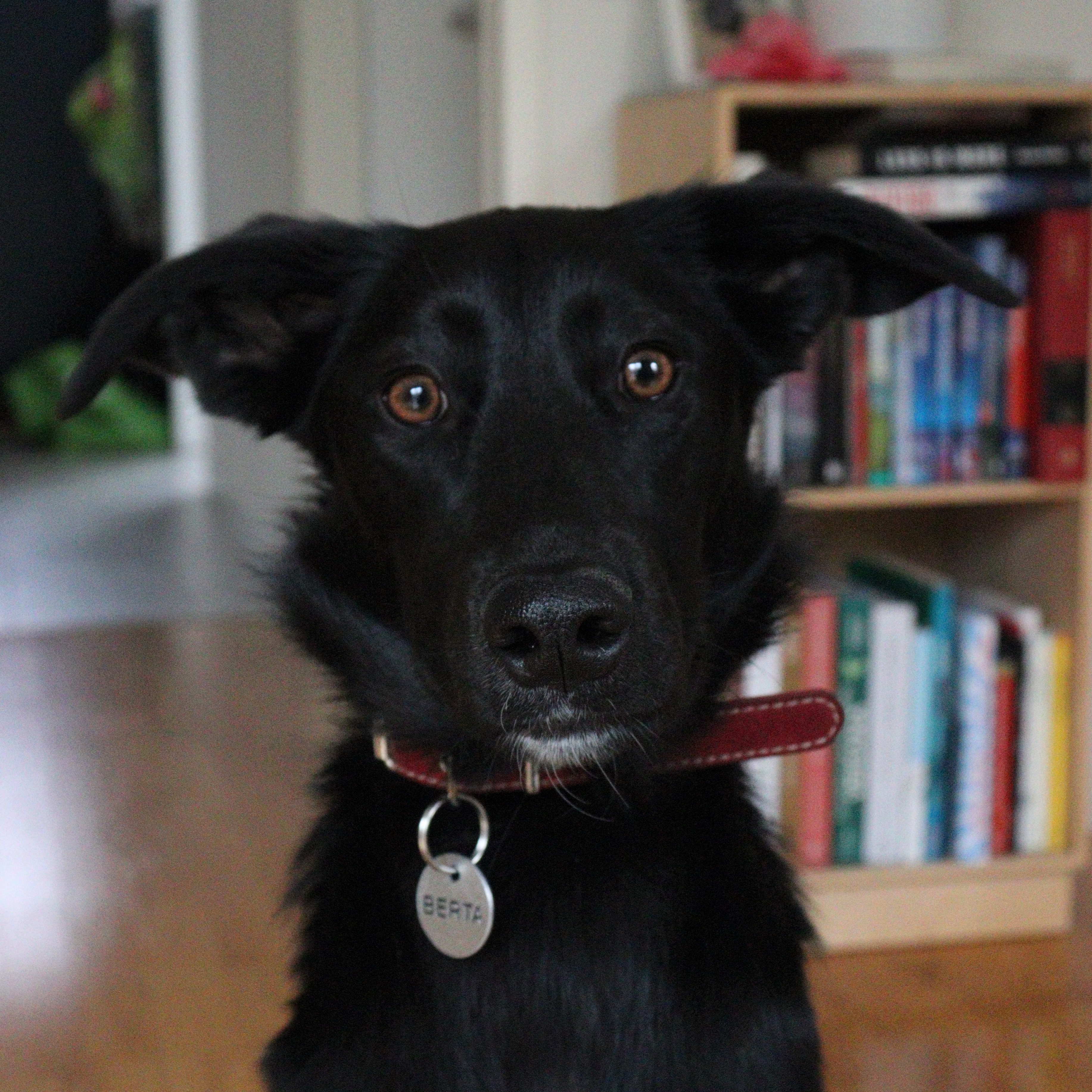
Berta
Senior Assertive Vocalization Officer
Joined the lab on 22-01-14 (YY-MM-DD).
Alumni:
Sara works with Juan to build deep generative models for molecular design with desired property profiles and 3D conformer distributions. Co-supervised by Dr. Rocío Mercado (AstraZeneca).
Sara Romeo Atance was working with us from 21-01-18 to 21-06-21, and has since moved on to be Global Graduate at Volvo Cars.
Azadeh works with Dipti to build deep generative models to accelerate molecular conformer generation by incorporating new Normalizing Flows that respect data topology and are more efficient molecular convolutional models. She is a MSc student in Applied Data Science and is co-supervised by Juan.
Azadeh Karimisefat was working with us from 22-01-17 to 22-08-31, and has since moved on to be Software Engineer at Volvo Group.
David works on a master thesis together with Sara and is supervised by Professor Simon Olsson. The objective is to detect meta-stable states in protein folding using VAMPNets and training it with an (E3) equivariant neural network. He is a MSc student in Engineering Mathematics and Computational Science.
David Nordström was working with us from 23-01-16 to 23-06-10, and has since moved on to be Investment Analyst at NREP.
Dipti works with Azadeh to build deep generative models to accelerate molecular conformer generation by incorporating new Normalizing Flows that respect data topology and are more efficient molecular convolutional models. She is a MSc student in Data Science and AI and is co-supervised by Juan.
Dipti Aswal was working with us from 22-01-17 to 22-08-31, and has since moved on to be Operational Planner at Volvo Trucks.
Enmin works with Wenli on deep dynamic graphical models for molecular kinetics.
Enmin Su was working with us from 22-01-14 to 22-09-28, and has since moved on to be Pending....
Guillem is doing a Ph.D. focused on developing computational protocols for enzyme design under the supervision of Prof. Sílvia Osuna and co-supervision of Dr. Javier Iglesias. He obtained a Bachelor’s degree in Biotechnology and a Master’s degree in Advanced Catalysis and Molecular Modeling from the Univesity of Girona.
Guillem Casadevall was working with us from 22-01-12 to 22-05-04, and has since moved on to be PhD Student at University of Girona.
Tobias works on generative, probabilistic models for protein sequences with application in protein and biologics design. Before joining the lab, Tobias did his MSc thesis with Prof. Claes Strannegård on Multi-Agent Deep Reinforcement Learning in a Three-Species Predator-Prey Ecosystem.
Tobias Karlsson was working with us from 21-09-01 to 24-02-17, and has since moved on to be working at Zenseact AB..
Gustav worked with Agnes to use multi-label classification methods to predict contexts for chemical reactions. Co-supervised by Dr. Samuel Genheden and Dr. Thierry Kogej (AstraZeneca).
Gustav Lahti was working with us from 21-01-18 to 21-06-01, and has since moved on to be Consultant at Ericsson.
David worked with Julia on deep generative models for near-term quantum device control with applications in chemistry. Co-supervised by Assistant Professor Morten Kjaergaard (NBI, University of Copenhagen).
David Larsson was working with us from 21-01-18 to 21-07-05, and has since moved on to be working at CEVT, Emerging Tech..
Agnes worked with Gustav to use multi-label classification methods to predict contexts for chemical reactions. Co-supervised by Dr. Samuel Genheden and Dr. Thierry Kogej (AstraZeneca).
Agnes Mårdh was working with us from 21-01-18 to 21-06-01, and has since moved on to be Developer at Bokio.
Julio worked on learning inter-molecular potentials using deep energy-based models via score-based estimators for drug-discovery. Co-supervised by Dr. Rocío Mercado (AstraZeneca).
Julio Ponte Hernandez was working with us from 21-01-18 to 21-06-09, and has since moved on to be Data Scientist at Heliospectra.
Riccardo works on score-based methods for density estimation with applications in molecular systems.
Riccardo Beccaria was working with us from 22-03-10 to 23-30-09, and has since moved on to be PhD student at University of Heidelberg, Germany..
Sara works on a master thesis together with David and is supervised by Professor Simon Olsson. The objective is to detect meta-stable states in protein folding using VAMPNets and training it with an (E3) equivariant neural network. Sara is last year MSc student in Data Science & AI.
Sara Arnesen was working with us from 23-01-16 to 23-06-10, and has since moved on to be Graduate in Norges Bank.
Mathias has a Ph.D. in machine learning for molecular science from DTU, and a background in both physics and AI. He was working on generative models for molecular applications.
Mathias Schreiner was working with us from 23-10-15 to 24-12-31, and has since moved on to be AI Scientist at DMI..
Julia worked with David on deep generative models for near-term quantum device control with applications in chemistry. Co-supervised by Assistant Professor Morten Kjaergaard (NBI, University of Copenhagen).
Julia Szulc was working with us from 21-01-18 to 21-07-05, and has since moved on to be Data Scientist at Volvo Cars.
Weilong was a research project student working on generalizing generative models across thermodynamic states together with Selma.
Weilong Chen was working with us from 23-11-01 to 24-06-01, and has since moved on to be intern at DP Technology, then PhD student at TU Munich..




